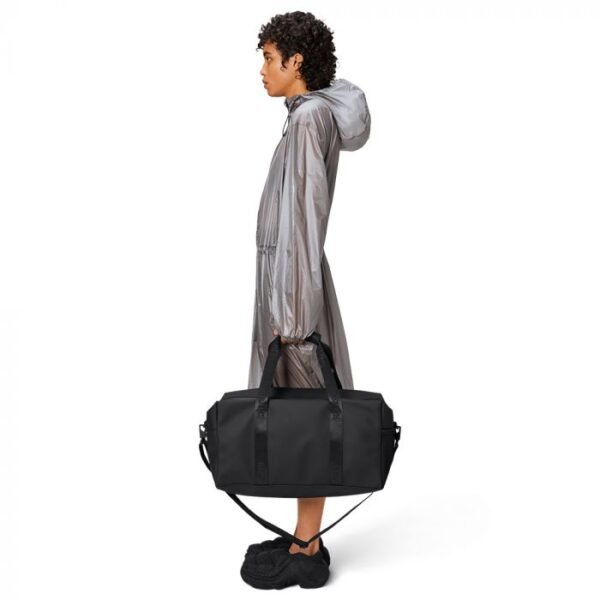
The Connection Between Substance Abuse and Risky Behaviors

There are all kinds of substances that people abuse. Some of them might overindulge with alcohol, or maybe marijuana is their drug of choice. Perhaps they’re experimenting with something more serious.
No matter your drug of choice, alcoholism and drug addiction treatment is possible. You can find outpatient and inpatient facilities located all around the country that can potentially help you if you’re on this path.
If you know someone who’s battling addiction, you may notice that risky behaviour goes along with their drug use a lot. There are established reasons why that happens, and they are worth considering. Sometimes, the risky behaviours that appear with excessive drug or alcohol use can prove just as dangerous as the substances themselves.
Substance Use Lowers Inhibitions
If someone does drugs or consumes a lot of alcohol on a daily basis, you might notice they start doing things that are objectively dangerous. For instance, they might be sexually promiscuous if they do drugs or drink alcohol every day, and they may not use protection. They may get into cars with strangers or drive while they’re intoxicated.
This occurs because substance use lowers one’s inhibitions. Someone who’s drinking or using drugs to forget about some pain they’re experiencing or some trauma in their past may like the feeling of doing something reckless. They may relish it just as much as they enjoy the feelings that come from the substances they’re ingesting.
In addition, the risky behaviors that appear with excessive drug or alcohol use can prove just as dangerous as the substances themselves, often leading to situations that can escalate into legal troubles, including arrests and incarceration. Once incarcerated, the stressful environment of jails and prisons can worsen substance abuse problems, and access to effective treatment is typically limited. Exposure to the criminal culture within these facilities can lead to negative behavioral changes and a higher chance of reoffending after release. The importance of managing early inmate release effectively is critical, as it presents an opportunity to address substance abuse issues with proper support and integration programs, reducing the risk of reoffending and aiding in successful reentry into society.
Some People Use Substances as an Excuse
It follows that people use drugs or alcohol habitually because they like the reckless behavior that accompanies these binges. Such individuals might say they’re acting as they do because they like partying or blowing off steam, but that’s seldom what’s actually happening.
It’s more often true that these individuals are self-medicating because of trauma or to cover up a mental health condition like anxiety or PTSD. The feeling of freedom that comes with reckless behavior from drug use is intoxicating and alluring. Acting with reckless abandon can produce just as much of a rush as the chemicals someone is putting into their body.
When an Intervention Becomes Necessary
Noticing this behavior in someone you know can be disheartening or even heartbreaking. If you genuinely care about such a person, then you’ll recognize the connection between their habitual or constant drug or alcohol use and the reckless behavior that invariably comes with it.
If you see this happening and decide you need to intervene, you can gather all this person’s other friends, family members, or coworkers together and confront the individual about their behavior. They might get defensive, but if you realize the reckless behavior they often engage in when intoxicated can hurt them or others, you must act.
If you ignore the problem, the next time this person drives drunk or does something equally dangerous, the consequences might be disastrous. It’s better to have this person mad at you for interfering than in jail for manslaughter or something else egregious and life-changing.















































